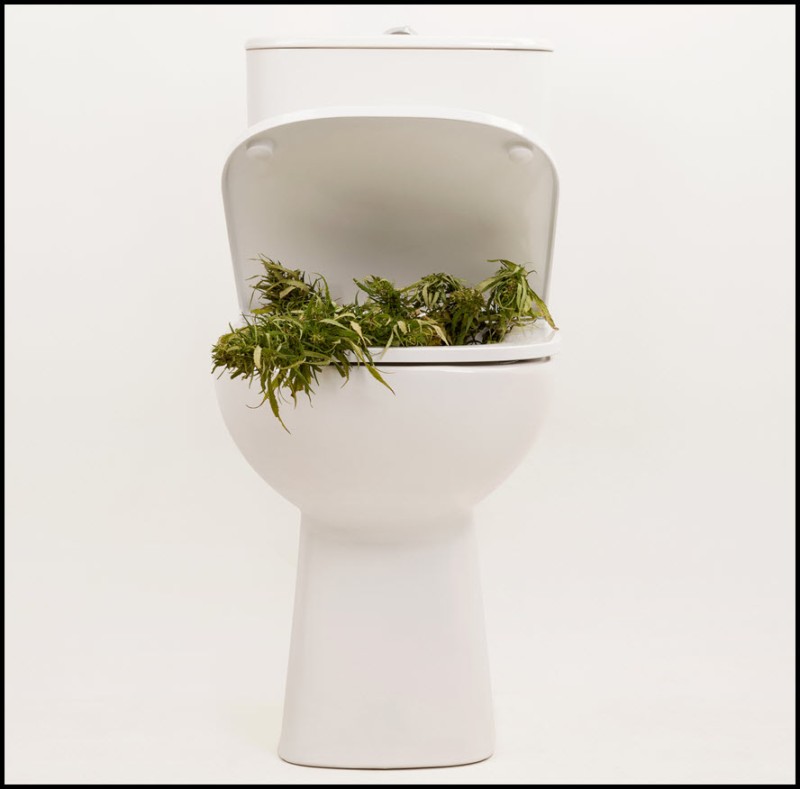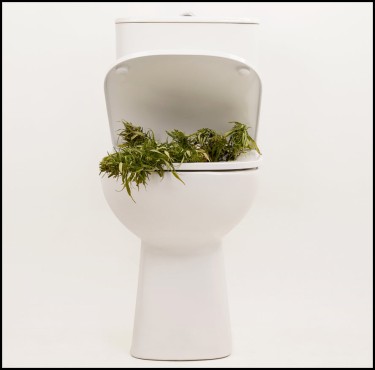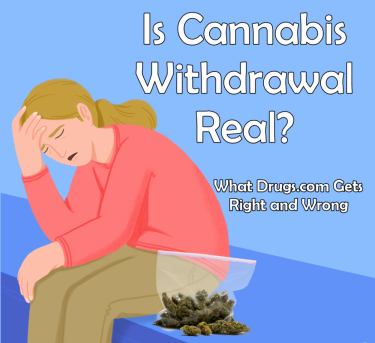According to the Centers for Disease Control and Prevention (CDC), marijuana, commonly known as cannabis or, even more commonly, weed, is the most widely taken illegal drug in the United States.
In the last few years, more states have made the medical and recreational use of weed legal. Nevertheless, following a 2018 study from Washington State, the legitimization does not appear to have notably increased cannabis use. That being said, cannabis use has been receiving a lot of notice.
There are a lot of misunderstandings about whether people can get addicted to cannabis. In truth, it is conceivable that one becomes addicted to, or even dependent on, cannabis with frequent use. Sleep being on of the main issues user report having gone from using cannabis for sleep and then stopping the plant use.
Above three hundred thousand people start treatment for cannabis use disorders in the United States every year. According to a 2012 study, 30.6 percent of cannabis users had a cannabis use disorder between 2012 and 2013.
This article will consider why and how an individual can get withdrawal/quitting symptoms from cannabis, as well as its timeline.
What Exactly Is Cannabis Withdrawal?
Cannabis withdrawal (or marijuana quitting) is when specific negative symptoms, psychological and physical alike, happen when an individual who regularly smokes weed stops using it.
There are a ton of misunderstandings when talking about the use of cannabis, and one of the greatest is the belief that it is impossible to get addicted to cannabis; that one can quickly stop taking it at any time. However, that is not always so.
Regardless of whether you make use of cannabis for medical purposes or recreationally, it is possible to get addicted to cannabis with regular use. As a matter of fact, according to the CDC (Centers for Disease Control and Prevention), one in every ten Americans who use cannabis will become dependent.
If your use of cannabis is limited—that is, from time to time as opposed to regularly—it is less likely that you will experience any marijuana quitting symptoms. If, however, you take cannabis periodically and want to quit, here is what to expect when you quit using cannabis.
Withdrawal Symptom
Cannabis withdrawal symptoms can include sleep deprivation, irritability, and restlessness. Individuals who use cannabis regularly and stop all of a sudden can go through some withdrawal symptoms. Though a lot of people take cannabis without undergoing withdrawal effects, regular cannabis use can become a cannabis use disorder. In severe instances, this can come as an addiction.
Professionals define addiction as the continuous use of cannabis regardless of the adverse effects it has on an individual's life, such as problems with their job, relationships, or family. Cannabis withdrawal symptoms reach their peak within the first week of quitting and can continue for up to two weeks.
Symptoms of cannabis withdrawal can include:
Restlessness
Diminished appetite
Irritability
Nausea
Abdominal pain
Craving for weed
Difficulty sleeping
Some studies imply that women may experience a larger number of withdrawal symptoms of greater severity when compared with men. However, further investigation is required.
Why Does Cannabis Cause Withdrawal Symptoms
Cannabis is the name given to the dried extracts from the plant Cannabis sativa. The plant possesses terpenes and delta-9-tetrahydrocannabinol (THC), with THC adding to the primary psychoactive effects linked with the use of cannabis. Marijuana's potency is determined by THC, while terpenes determine its scent and flavor. Marijuana's effect on the brain is proportional to the amount of THC it contains.
Taking cannabis frequently means that the body and brain get accustomed to a regular supply of THC. As soon as there is no longer a supply, the body takes some time to adjust to it no longer being available. This leads to uncomfortable physical and mental withdrawal symptoms.
As soon as the body and brain get used to not having THC in the system, the physical withdrawal symptoms will cease. However, some people might still have mental cravings for cannabis for some time. Based on samples of seized cannabis, the strength of the herb has steadily increased as the years go by. From about 3.8 percent in the 1990s, the THC content has gone up to about 12.2 percent in 2014. This shows that the present effects of cannabis, including withdrawal effects, may be more severe in comparison with their effects in the past decades.
Timeline Of Withdrawal
After quitting cannabis, the brain can take about a month to get back to normal functioning. The mood swings and physical pains of withdrawal are at their peak in the first week of quitting and can continue for up to two weeks. Although the physical effects of quitting cannabis will end after the drug has left an individual's system, the mental and psychological symptoms can continue for longer periods. Within four weeks of stopping the drugs,studies state that brain receptors called cannabinoid one receptors start to revert to normal after two days without cannabis. Within four weeks of stopping the drugs, they regain normal function.
Some people who have quit using marijuana may experience cravings for it, particularly in situations and circumstances where they were previously exposed to it.
Bottom Line
According to the CDC, the use of cannabis has been linked to a slew of detrimental health effects. Memory problems, an increased risk of stroke and heart disease, lung problems caused by marijuana use, and mental health symptoms such as etymology and psychosis are just a few examples. According to the National Institute on Drug Abuse, there is strong evidence in both animal and human research that early life of marijuana exposure can lead to cognitive deficits such as memory and learning issues, as well as altered reward systems in the brain.
While the CDC and NIDA have been seen as very anti-cannabis in their publications and brochures, more and more positiive scientific studies are coming out about the plant as access and legalization increases across North America.
Some people can get addicted to or even dependent on cannabis. Those people may experience withdrawal symptoms when they stop taking the drug. A person might go through mood swings or other problems or experience poor sleep. For those who are looking to quit cannabis, there are resources available. If you want to cut back on marijuana use, do it gradually to avoid withdrawal symptoms. Making a few healthy lifestyle changes can also help you transition more smoothly.
MORE ON QUITTING WEED, READ THESE...
CANNABIS WITHDRAWAL AND IS IT REAL OR IMAGINARY?
OR..
DO 25% OF MMJ PATIENTS SUFFER WITHDRAWAL WHEN THEY STOP USING CANNABIS?








